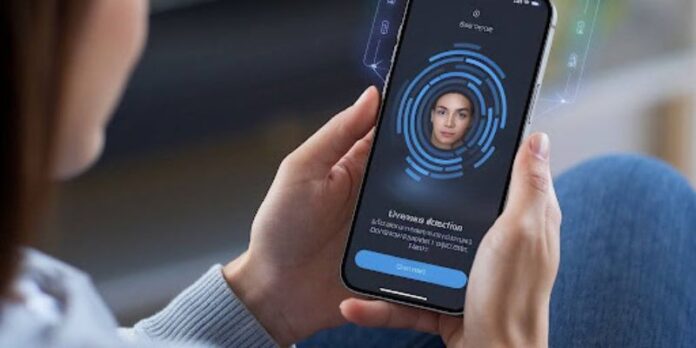The identity verification processes are no longer stuck with manual work. Various tools and technologies are now available to allow users to undergo an easy identity verification process. Biometric face verification is the most commonly used technique for individual authentication. I reduce manual hassle and contribute to the streamlined working process of organizations. On premise liveness detection helps detect fraudsters on the spot and prevent criminal attacks. It involves an artificial intelligence biometric system for user identity authentication. As per a recent report, the global identity verification market size is estimated to reach 29.7 billion USD by 2030. It works to eliminate criminal activities and secure organizations from legal and financial complications.
What is On Premise Liveness Detection Technology?
On premise liveness verification process is streamlined with the help of automatic checks. Artificial intelligence technology within the liveness detection solution allows streamlined identity verification and fraud prevention protocols. They are employed in the physical infrastructure of an organization and managed internally without depending on an external cloud system. Traditionally, identity verification processes are no longer helpful as they take a long time and are not very accurate. Biometric liveness detection technology involves automated checks which allow instant identity verification. Additionally, colonies can now utilize online identity verification services in the form of liveness detection. On premise facial recognition contributes to enhanced security and various other beneficial components.
Why Use On Premise Security Solution?
On premise liveness verification system involves automated checks and work within the physical infrastructure of an organization. It is necessary to utilize on premise liveness verification technology for various outcomes that are beneficial for organizational growth and development. Additionally, it works for the success of an organization with enhanced revenue. Following are the outcomes of on premise liveness detection technology:
Reduction of Manual Work
The manual identity verification process takes a long time and involves a number of resources for related works. There are various steps in the manual identity verification process, such as document collection, checking, cross-matching of information, verification, and entry in the record. Automated liveness detection technology performs all the steps quickly and verifies information in real-time through automated checks. Manually, it involves different resources, which is both time and cost-consuming for organizations. On premise liveness verification technology reduces manual hassle and validates large numbers of information through automated pre-trained artificial intelligence algorithms.
Quick ID Verification
On premise liveness detection technology enables firms to evaluate their users in real-time with enhanced accuracy and quickness. Hence, it serves as a fast identity verifier, which reduces operational time and saves it to allocate to other important tasks. Additionally, a quick identity verification process enhances user experience, which encourages them to contact particular organizations again and again. Users prefer hassle-free working processes, and quick identity verification service makes firms trustworthy and reliable. It contributes to organizational growth and success.
Cloud-Based Storage
One of the top benefits of on premise liveness detection technology is its cloud storage. Firms that employ this service are free from the hassle of manual data entries and records management. Liveness detection technology automatically stores biometric traits in an electronic database after verification and validation.
Regulatory Compliance
Biometric security systems serve organizations with hassle-free working and digital records management, and they also enable them to have legal security. A streamlined identity verification process contributes to compliance with various rules, including anti-money laundering, business verification, and customer verification. Hence, it secures firms from legal complications, heavy fines, and reputation damage, which are the result of weak securities.
Various Use Cases of On Premise Solution
Various organizations are using on premise liveness detection technology for their everyday work and enhanced security. Following is a brief overview of various industries which utilize on premise facial verification solutions:
Travel sectors utilize on-premise solutions to enhance identity verification and secure their platform from illegal immigrants, such as at airports. Many travelers book seats and sell them for heavy amounts, which makes travel agencies uncredible. Hence, on-premise face liveness detection ensures the authenticity of individuals when booking and traveling.
Educational Institutions use on-premise face verification services to monitor the attendance of both staff and students. This helps control proxies and maintains a transparent attendance monitoring process.
Financial Sectors also use on premise face liveness detection technology to identify criminals by cross-checking data with various databases. It works to prevent money laundering and secure financial sectors from heavy legal penalties.
Final Words
On premise face liveness detection technology involves automated checks and validated identities in real time. It contributes to seamless working, enhanced security, and a streamlined identity verification process for an organization. Additionally, it serves organizations with cloud-based data storage and a quick identity verification process, which contribute to the growth and development of an organization.





